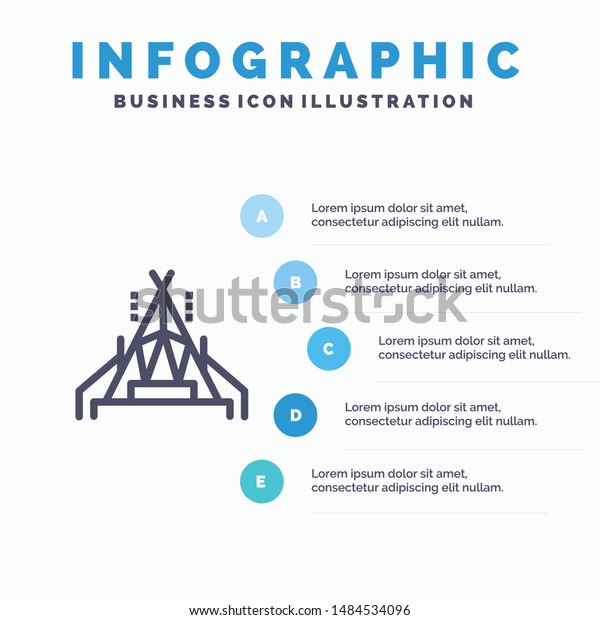While numerous campers focus on a camping tent's canopy to safeguard them from rain, snow, and insects, the camping tent flooring is similarly crucial. A top quality flooring uses defense from standing water, soaked mud, and sharp rocks.
At White Duck Outdoors, we offer free-floating vinyl floorings that are customized to every outdoor tents size. This permits you to choose a floor lining or utilize your own canvas tarpaulin as a lining.
Sturdiness
There are various types of floors readily available for wall camping tents. Free-floating floorings are separate pieces that you lay on the ground prior to constructing the tent, making them simple to establish. A sewn-in floor is a bit extra complicated, however it supplies excellent security from water and pests.
However, the very best alternative is a tent floor lining. A liner is thick and forces any type of water or pests to go under the flooring rather than with openings in the camping tent. It additionally reduces the amount of dirt that enters the outdoor tents, making it easier to clean up and preserve.
All White Duck Outdoors wall surface outdoors tents come with a free-floating floor included, so you do not need to worry about buying and setting up one individually. We comprehend the relevance of having the ability to customize your space and make camping more pleasurable. The free-floating flooring makes the outdoor tents less complicated to carry, clean and store, luxuries that sewn-in or 3/4 floors don't supply.
Climate Resistance
When picking a safety cover for commercial or logistical purposes, weather resistance is typically a crucial aspect. Canvas tarpaulins are commonly made from all-natural products, while plastic tarpaulins include innovative polymer design. This distinction in composition results in significantly different performance qualities, maintenance demands, and appropriate applications.
Vinyl tarps are optimal for long term industrial coverage due to their resilience, waterproof features and chemical resistance. They also offer good UV protection and are lighter than canvas tarpaulins. These residential or commercial properties make them the favored choice for covering equipment and constructing temporary structures.
Easy Upkeep
The longevity of plastic floorings and their resistance to deterioration translates into minimal maintenance needs. Wipe-downs with light soap and water suffice to keep them looking clean, while persistent discolorations can commonly be eliminated without much effort.
In contrast, canvas covers are more likely to soak up dampness gradually, leading to mold and mildew and mildew growth otherwise appropriately dried out or treated. Moreover, they could require even more frequent waterproofing therapies tent size to keep their safety residential or commercial properties.
In addition, a woven fabric like cotton is prone to piercing and tearing gradually, making it more susceptible to damage from sharp objects or rough surfaces. Plastic is crafted to resist these hazards better, placing it as a remarkable choice for sturdy security applications. Additionally, its artificial elements provide superior toughness and durability compared to canvas products. Subsequently, they usually have a lower ecological footprint in regards to manufacturing and disposal. They likewise tend to have an extra flexible customization capacity, facilitating the unification of elaborate styles and color design.
Ecological Influence
As with all items, it is very important to comprehend the environmental account of each material. This includes every little thing from basic materials sourcing and manufacturing processes to use durability and end-of-life disposal alternatives. This info permits companies to make smarter selections that line up with sustainability objectives while meeting functional requirements.
Sailcloth normally aligns with eco-conscious objectives as a result of its naturally degradable nature and reduced production impact. Its lighter weight translates to much less storage space and transportation demands. Its reduced upkeep needs and longer lifespan better reduce general expenses.
Vinyl, on the other hand, relies upon synthetic elements for its durability and weather condition resistance. Its chemical therapies need high power input. Vinyl's non-biodegradable buildings better complicate recycling and waste administration methods. Nevertheless, it does give premium waterproofing and UV degradation resistance to outdoor settings.
